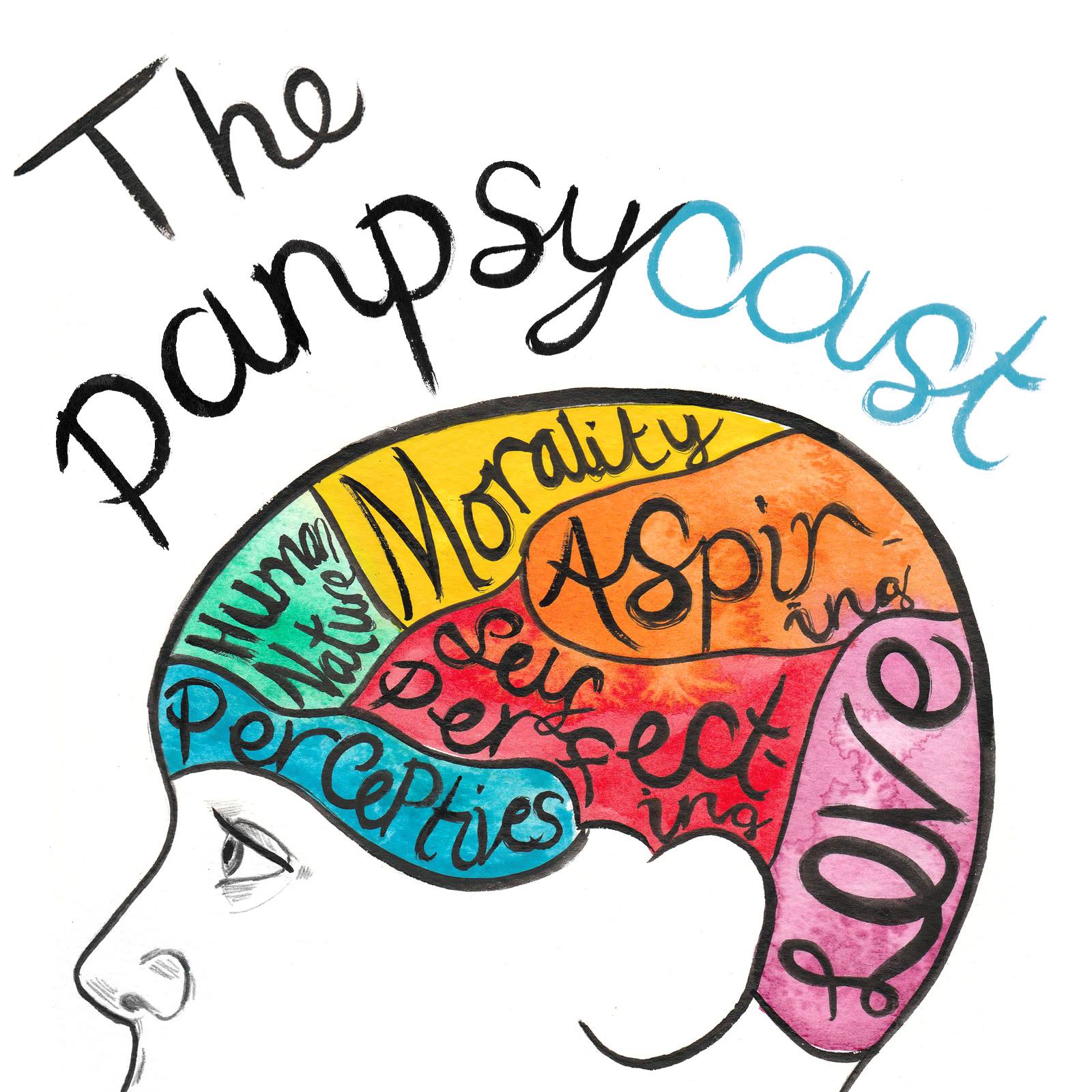Welcome to 'Episode 74 (Part I of II)', where we'll be discussing the philosophy of football (soccer), with Professor Stephen Mumford.
Football is the most popular sport on the planet. This shouldn’t come as a surprise to anyone who’s experienced the excitement of matchday. It’s hard to remain indifferent when thousands of tightly packed fans, each patriotically sporting the colours of their team, sing, cheer and heckle in unison. The thrill of a crunching challenge, a derby victory, or a last-minute winner will undoubtedly elicit excitement.
For the sceptic, there is nothing beyond this superficial appeal. Fool-ball is simply a game of chance, in which the sport’s novelty appeal is only sustained through blind patriotism. Football is push-pin, and it is not to be confused with poetry.
Durham University’s Stephen Mumford defends football in the face of this attack. For Mumford, football has an intellectual depth that rewards more detailed consideration. When we watch football through a philosophical lens, we are called to deliberate a great wealth of ideas; from categories of aesthetic virtue, and the role of chance, control and victory, to the nature of a team, and the persistence of a ‘club’ throughout time.
The file size is large, please be patient whilst the podcast buffers/downloads/seeks victoryContents
Part I. The Philosophy Behind the Game.
Part II. Further Analysis and Discussion.


